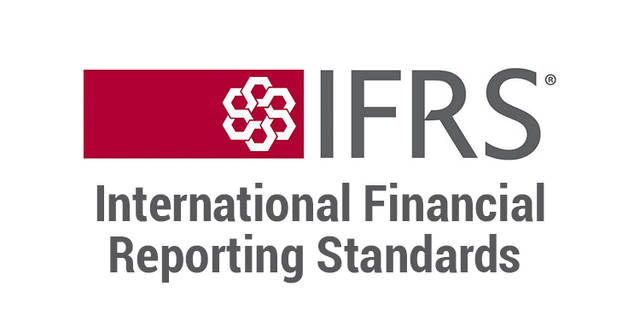What You Need To Know About IFRS 9


The International Financial Reports Standards (IFRS) are a set of accounting standards being implemented by countries, which are gradually replacing the previous International Accounting Standards (IAS). IFRS 9 specifies how an entity should classify and measure financial assets, financial liabilities, and some contracts to buy or sell non-financial items. Their introduction calls for a major change in accounting procedures for financial institutions, of which is effective for annual periods from 1 January 2018 onwards.
IFRS 9 requires an entity to recognise a financial asset or a financial liability in its statement of financial position when it becomes party to the contractual provisions of the instrument. At initial recognition, an entity measures a financial asset or a financial liability at its fair value plus or minus, in the case of a financial asset or a financial liability not at fair value through profit or loss, transaction costs that are directly attributable to the acquisition or issue of the financial asset or the financial liability.1
IFRS 9 is being implemented through three phases:
- Classification & measurement of financial instruments
- Impairment of financial assets
- Hedge accounting
Classification & measurement of financial instruments
IFRS 9 introduces a logical approach for the classification of financial assets, which is driven by cash flow characteristics and the business model in which an asset is held. This single, principle-based approach is replacing the previously rule-based requirements that were complex and difficult to apply. Hence, resulting in a single impairment model being applied to all financial instruments.
Impairment of financial assets
The new IFRS 9 standard requires entities to account for expected credit losses from the moment when financial instruments are first identified, recognising the full lifetime expected losses on a more timely basis. This is introduced as the new, expected-loss impairment model in IFRS 9.
Hedge accounting
A substantially reformed model for hedge accounting is being introduced, with enhanced disclosures about risk management activity. The IFRS 9 hedge accounting model aligns accounting treatment with risk management activities, and users of the financial statements will be provided with better information on the financial statements.
Useful Link for Reference
- IFRS 9 Financial Instruments
https://www.ifrs.org/issued-standards/list-of-standards/ifrs-9-financial-instruments/
IFRS 9 Financial Instrument Masterclass is a 2-day course held from 30 – 31 July 2018 in Kuala Lumpur, designed to provide an understanding the key difference between IFRS 9 and IAS 39 and successful implementation of IFRS 9. The course will cover the scope exclusions and inclusions of IFRS 9, recognition of principles and application, financial asset classifications and more. For more information, please visit us at http://www.opuskinetic.com/training or contact us at info@opuskinetic.com.
Opus Kinetic believes that people are why organisations are successful, and giving people the knowledge to perform well at their job is integral for success. We pride ourselves as the premier provider of knowledge, offering acclaimed in-house trainings, and many others professional training courses spanning from various industries. Our training courses are well researched and updated with the latest industry trends. For more information on our professional training programs, visit us at http://www.opuskinetic.com/training.
